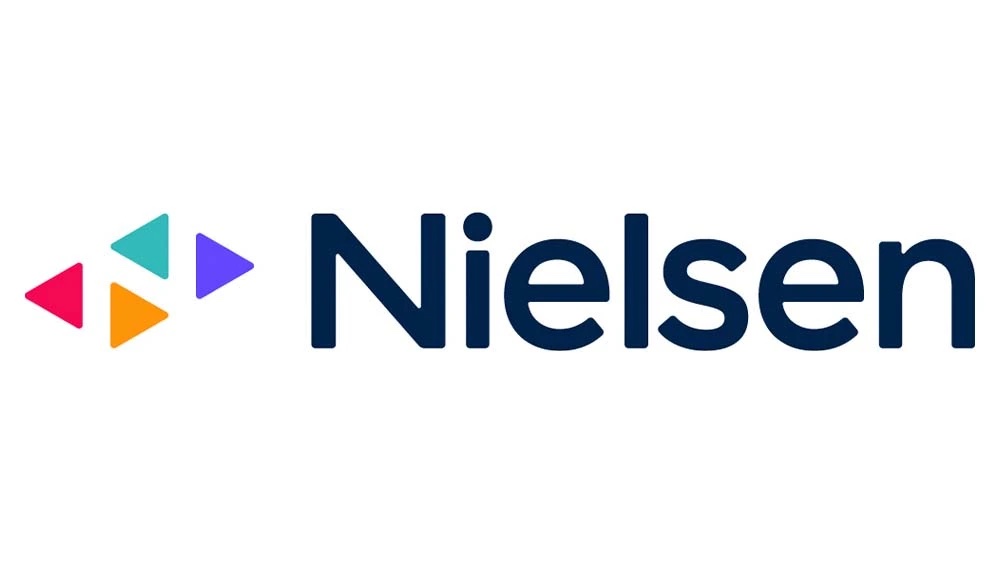Universal Sports Network selects Euphonix audio consoles for remotely controlled Olympic production
At the Vancouver Winter Games, Universal Sports, a joint partnership between NBC Sports and online specialists InterMedia Partners, is delivering five hours of live daily news and information, as well as continuous news and results online and on TV. Universal Sports is available in 57 million homes across nine of the top 10 DMAs.
The group will use a Euphonix System 5-B digital audio mixing console and a digital audio router at its state-of-the-art Westlake Village Studios, in California, virtually integrated with remote production sets in Vancouver and Whistler (host to alpine skiing and other Nordic events).
Using long-distance broadband optical and satellite communication paths, the Westlake Village Studios will operate as the central production and broadcast center, connecting with the two on-site remotes, for live and recorded programming for Universal Sports at the Vancouver Games throughout the duration. The programming will consists of five, one-hour daily shows during the games, combining production and talent between the Westlake set as well sets in Vancouver and Whistler.
At the Westlake Village Studios is a 106-channel Euphonix System 5-B digital audio mixing system and high-performance MADI StudioHub digital router that will provide the majority of mixing and routing functions for around-the-clock programming. The Euphonix SH612 studio facilities router combines a digital audio console router frame with the main broadcast facility router to provide additional flexibility for Westlake’s main production control room, a second full-featured video and audio production suite, seven post production/editorial rooms and two voice-over booths.
Ken Hirsch, a broadcast engineer at Westlake Village Studios, said the facility has connected multiple HD cameras, audio feeds, production and talent communications systems, tally signals and routing control bidirectionally across optical fiber from Westlake Village to Vancouver, allowing Universal Sports to place cameras, microphones and talent in the field at various event locations in Vancouver, to tape, edit and add voice-over and graphics content and to broadcast from California as if studio facilities, production personnel and millions of dollars of studio equipment were on-site in Vancouver.
The professional video industry's #1 source for news, trends and product and tech information. Sign up below.
